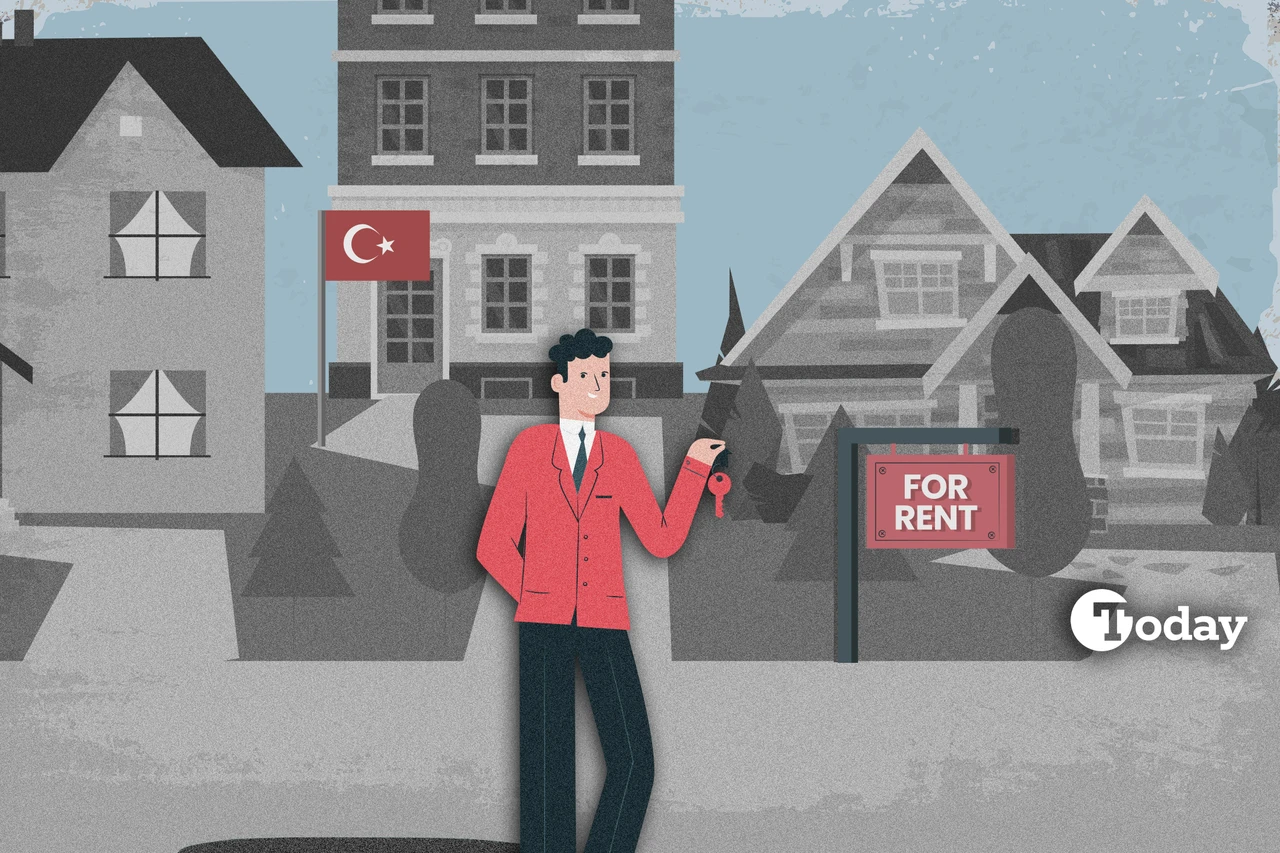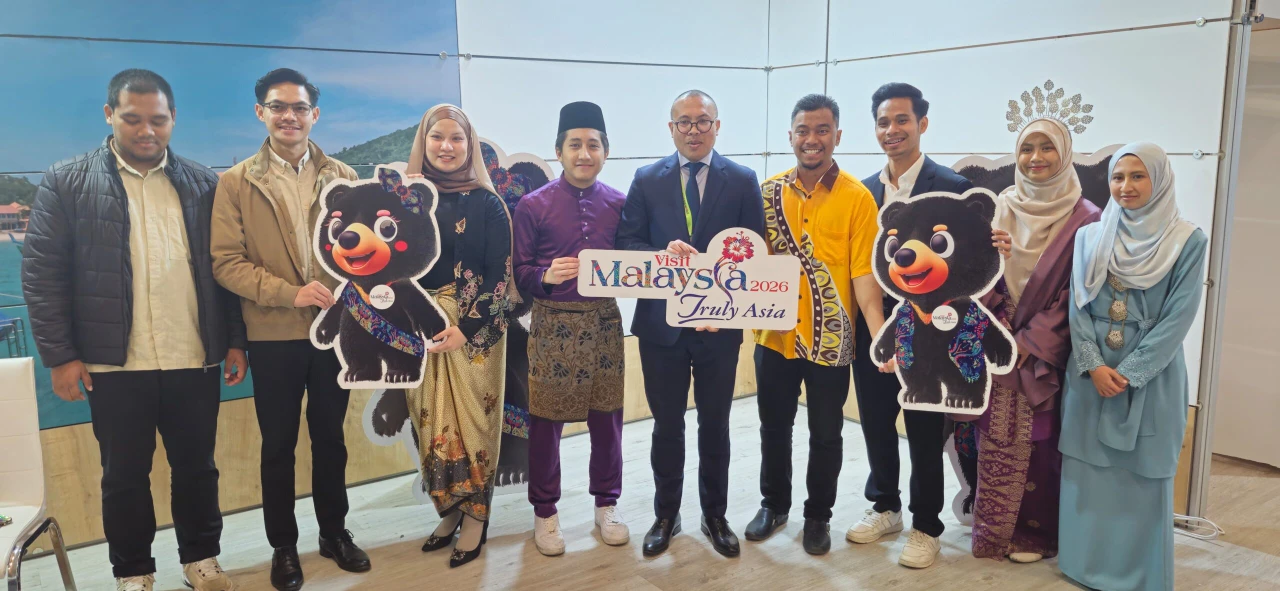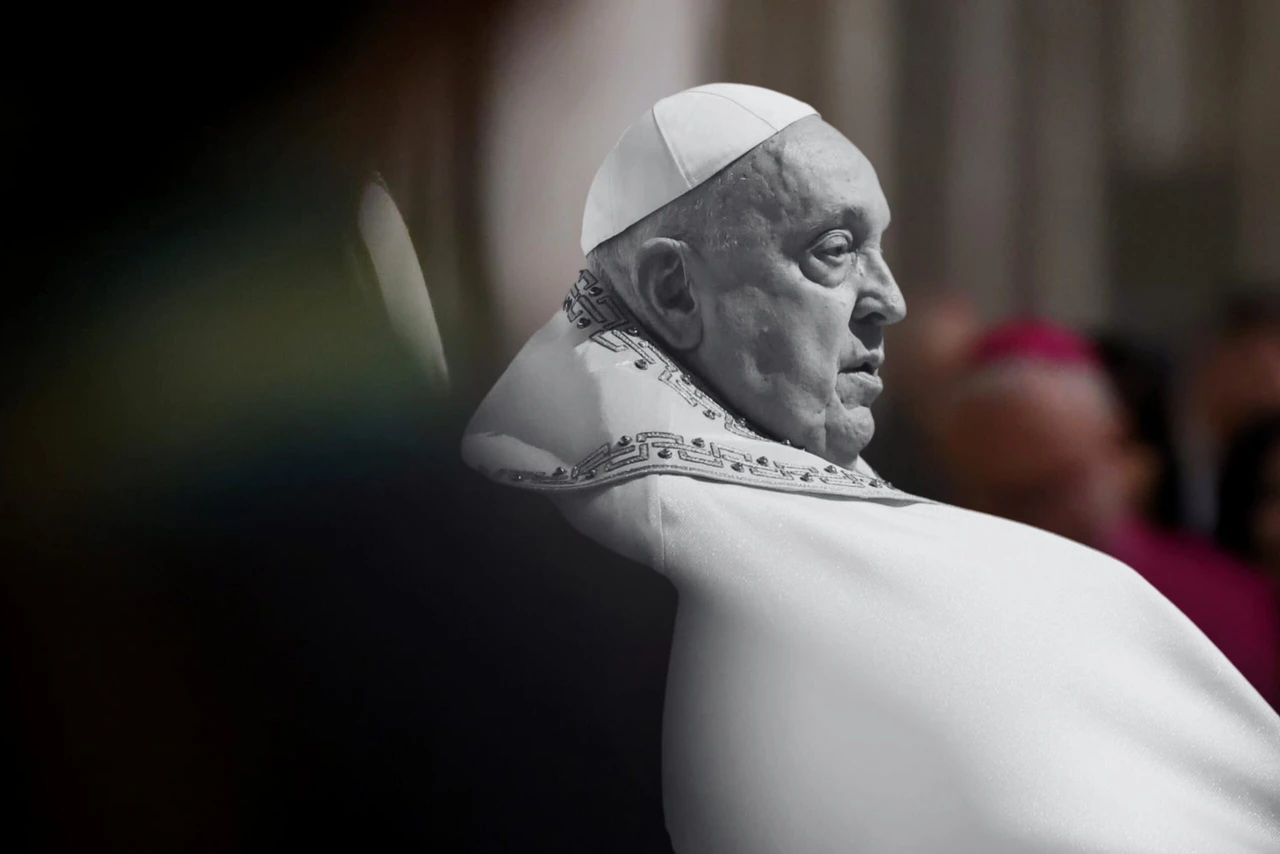From Seoul to Istanbul: South Korean Professor’s lifelong bond with Türkiye
 Professor Hee Soo Lee, 72, who embraced Islam while studying at university in South Korea and has maintained his connection with Istanbul, where he pursued his doctoral studies. (AA Photo)
Professor Hee Soo Lee, 72, who embraced Islam while studying at university in South Korea and has maintained his connection with Istanbul, where he pursued his doctoral studies. (AA Photo)
South Korean Professor Hee Soo Lee has spent the last four decades fostering a deep connection between Türkiye and his homeland. After embracing Islam during his university years in South Korea, he pursued his doctoral studies in Istanbul, where he developed a lifelong bond with the country.
Now a respected professor in Seoul, Lee introduces his students to Turkish culture and history while warmly welcoming visitors to his office with traditional Turkish tea and coffee.
A journey of faith and discovery
Professor Hee Soo Lee first encountered Islam during his university studies in South Korea. Dissatisfied with the negative portrayals in Western sources, he delved deeper into Islamic teachings through authentic texts and Muslim scholars, eventually deciding to convert.
His first visit to Istanbul in 1983 for an academic conference proved transformative. Captivated by the city’s rich history, vibrant culture, and warm hospitality, he chose to pursue a PhD in Islamic culture and history. Although he had the option to study in the United States, he followed his heart to Istanbul, securing a doctoral scholarship from his government.
Before starting his doctorate, Lee attended Turkish language courses, quickly mastering the language due to the linguistic similarities between Turkish and Korean. “Turkish and Korean share deep roots in the Altay language family. While many Europeans struggled with Turkish, I reached fluency in just six to seven months,” he recalled.
Building an academic bridge between two nations
After completing his doctorate at Istanbul University, Lee taught at Marmara University, delivering lectures on Ottoman-Far East relations for two years. Returning to South Korea, he rose to the rank of professor and now serves at Sungkonghoe University’s Institute of Islamic Studies while also working as a cultural anthropologist at Hanyang University. His courses focus on Islamic civilization, Silk Road history, and Ottoman-East Asian relations, inspiring generations of students.
“Hundreds of students take my classes and become interested in Türkiye. My goal is to ensure that the deep bond between our two nations is not just words but a living reality,” he said.
Türkiye: A second home
For Professor Lee, Türkiye—especially Istanbul—holds a special place in his heart. “I consider Türkiye my second home. I visit frequently, and I’ve lost count of how many times I’ve been here, but this must be my 198th or 199th visit. Just last year, I came 10 times,” he shared.
Lee lived in Istanbul’s historic Fatih district for six years, immersing himself in Turkish traditions. “I love fasting during Ramadan with my neighbors, celebrating religious holidays together, and sharing afternoon tea. Every time I visit Istanbul, I spend at least a couple of weeks in Fatih,” he added.
A passion for Turkish cuisine
A self-proclaimed enthusiast of Turkish cuisine, Lee enjoys exploring regional specialties. “In South Korea, ‘kebab’ only means doner kebab, but in Türkiye, I discovered a world of variety—tandir kebab, kuyu kebab, dolma, sarma—I love them all!”
A mission to strengthen Türkiye-South Korea bonds
Beyond academia, Lee is actively involved in fostering Türkiye-South Korea friendship. He serves as Secretary General of the Korea-Türkiye Friendship Association and has authored over 90 books and academic articles, including a guidebook on Türkiye’s culture and tourism that has influenced many Koreans to visit the country.
“I once saw a passenger reading my book on a flight to Türkiye. That moment filled me with pride. It’s a small contribution, but I will dedicate my life to introducing Türkiye’s beauty to South Koreans,” he said.
Lee also keeps Türkiye alive in his daily life in Seoul. “When a Korean hears me speak fluent Turkish, they are always surprised. In Türkiye, people warmly welcome me as a ‘blood brother’ when they hear me speak their language. In cities like Nigde, Kahramanmaras, and Mugla, people have invited me into their homes, saying it would be an honor to host me,” he recounted.



